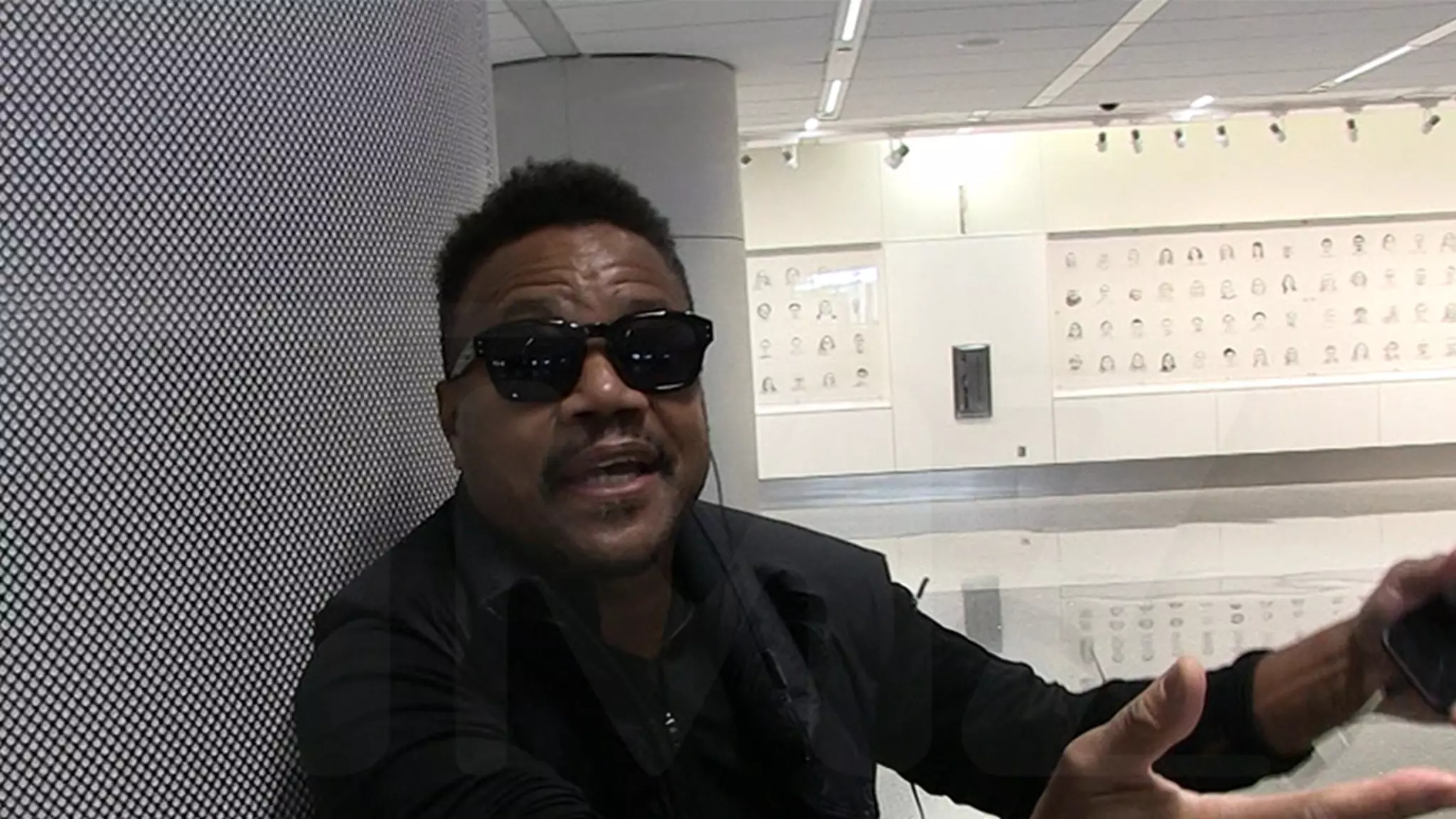Cuba Gooding Jr. has boldly stated the uncomfortable truth: war is nothing more than ignorance in action. Recent discussions surrounding the tension between Israel and Iran have reignited fears of the USA potentially being drawn into yet another conflict. Gooding’s perspective is a stark reminder that the decisions of a few can lead to devastating consequences for many. The reality of war is often sanitized, portrayed as a noble endeavor when, in truth, it embodies the grotesque capability of humanity to inflict suffering upon itself.
The Digital Age’s Distorted Lens
The advent of the internet has changed the way we consume and process information about warfare. In a world where graphic images and harrowing tales can be disseminated in seconds, the perception of good versus evil has blurred beyond recognition. Gooding emphasizes that old narratives, such as the portrayal of Russians as villains in classic Hollywood films, are increasingly challenged by real-time tragedies that expose the fragility of human life. This shift forces us to confront the harrowing reality that faces everyday people—innocent individuals caught in the crossfire of conflicts they did not start.
Redefining the Heroes and Villains
Gooding reflects the growing sentiment that our ideologies about right and wrong are tied to individual lived experiences rather than nationalistic narratives. The images of chaos spilling out of war-torn regions remind us that behind each statistic of war, there exists a human being with dreams, families, and aspirations. Children suffering in the rubble are not just collateral damage; they are the helpless victims of a narrative twisted by power and politics. This perspective asks us to acknowledge our shared humanity, transcending borders and ideologies in favor of compassion and understanding.
A Crisis that Knows No Boundaries
The potential for conflict does not remain confined within geographical boundaries; it permeates society and can spark outrage and despair in everyday life. Gooding’s observations about the imminent threat of warfare highlight the urgency of fostering understanding and dialogue over aggression. With each passing day, the brutal realities faced by families in distant lands serve as a stark reminder of the thin veil that separates us from outright chaos. This crisis is not foreign; it’s knocking at our door, with the power to disrupt our lives if we collectively fail to address it.
Advocating for Empathy and Action
Gooding’s criticism of war resonates deeply in today’s interconnected world. He urges society to reject the destructive decisions made by leaders and instead cultivate empathy and compassion toward one another. By uniting in our shared experiences, we can rise above the conflicts that divide us. This call to action is about recognizing our humanity and taking an empowered stance against ignorance—fostering dialogues that build bridges rather than walls.
As we navigate a world marred by violence, let us heed the wisdom of those willing to confront the brutal truths of war. The fight against ignorance begins with us, as we dare to see beyond the screen and witness the reality faced by those whose lives are irrevocably altered by conflict.

Leave a Reply